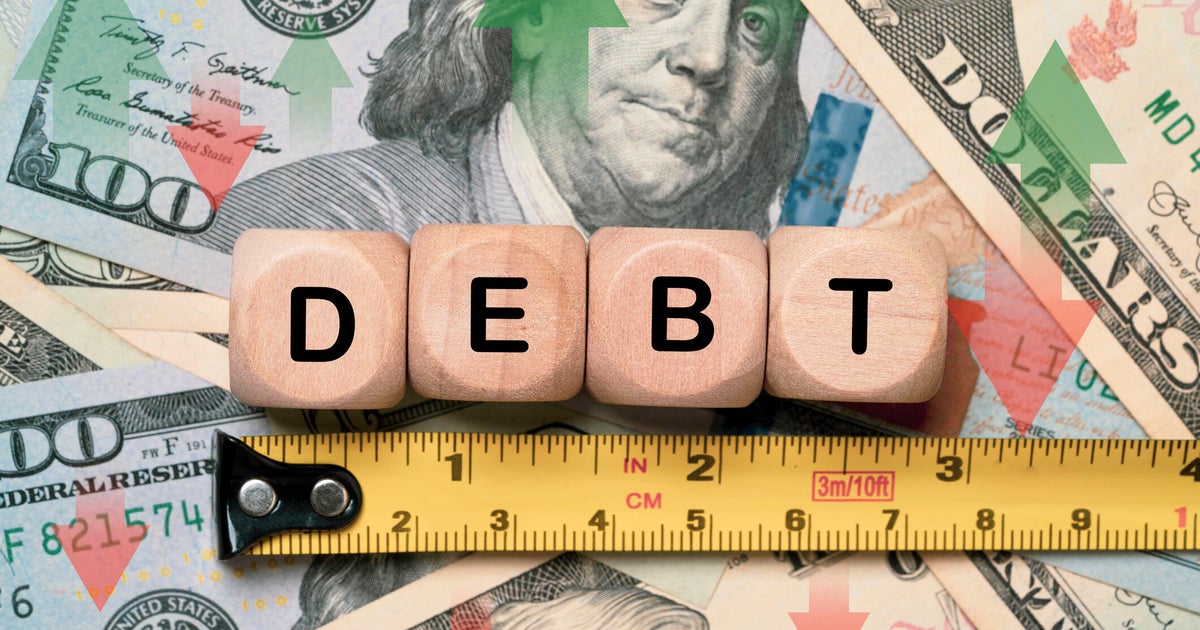How to choose the best home equity product for you
If you're a homeowner who's built up equity in your property, you can take advantage of that equity to access cash for everything from home repairers to retirement income. Rates for home equity products are often significantly lower than you'll get from other financing products, such as credit cards and personal loans.
There are a variety of home equity products available to help you achieve these financial goals, including home equity loans, home equity lines of credit (HELOCs), cash-out refinances and reverse mortgages. With so many options to choose from, it can be overwhelming to know which one is best for your needs.
Thankfully, you can make the decision easier by asking yourself a few questions.
Start exploring your home equity options online now.
How to choose the best home equity product for you
Answering the following questions can help you identify your ideal home equity product.
Understand how each product works
First, you need to know what sets each home equity apart. Here's a quick rundown:
- Home equity loan: Home equity loans provide a one-time, lump sum payment. You make fixed monthly payments on this amount over a set period of time, typically 10 to 30 years.
- HELOC: A HELOC is a revolving line you can draw from as needed. You only repay the amount you borrow. HELOCs are divided into two periods: the draw period, when you can use the funds (typically five to 10 years), and the repayment period (typically 20 to 30 years).
- Cash-out refinance: With a cash-out refinance, you take out a new mortgage in an amount that's higher than your current mortgage. You use this amount to first pay off your current mortgage. You then pocket the difference in cash.
- Reverse mortgage: Reverse mortgages, available to homeowners age 62 and over, work like an advance on your home's eventual sale. You can use the funds you receive now, but you won't need to repay the loan until you move or sell the home.
View today's home equity rates here.
What is your goal?
Now that you know how each product works, it's time to identify why you're looking for a home equity product. In addition to converting your home equity into cash, what are you hoping to achieve? Some products are better for certain things than others, so getting clear on your financial needs and goals will help you choose the right product for you.
For example, here are some common uses for home equity and the products best suited for them:
- To make home improvements: If your home repairs or renovations are IRS-eligible, you may be able to deduct the interest on your home equity product. This is true for all home equity products, so the other questions below can help you narrow down your options.
- To pay off high-interest debt: Because you receive home equity loan funds as a lump-sum payment, this product is ideal for consolidating credit card debt at a lower interest rate.
- To pay for a child's education: You may have a rough idea of what your child's education will cost, but tuition can fluctuate from year to year, and you may not be able to predict expenses like a broken laptop. A HELOC will give you maximum flexibility to cover costs as they arise. You can withdraw funds as needed, and you'll only pay back the amount you use.
- To change your mortgage rate or term: A cash-out refinance replaces your original mortgage with a new one, often at different rates and terms. If you'd like to lower your interest rate or extend your term to lower your monthly payments, this is a good option to explore.
- To generate retirement income: Reverse mortgages are great for supplementing retirement income because you can receive the funds however you prefer: as a lump sum, line of credit or monthly payments. And since you won't need to repay the loan until you move or sell your home, it eliminates your monthly mortgage payments altogether. This is a perk unique to reverse mortgages.
What kind of payment do you prefer?
HELOCs often have lower interest rates than home equity loans. However, the rate is variable, which means it goes up and down with the federal funds rate. If you can comfortably afford these fluctuations, you may be able to save on interest depending on where overall rates go.
If, on the other hand, you'd rather have the same, predictable monthly payment, you're better off with a home equity loan or cash-out refinance, which typically have fixed interest rates. This fixed rate could also save you if overall rates go up in the future.
It's also worth noting that because it replaces your original mortgage, a cash-out refinance can simplify your monthly budget. With a home equity loan or HELOC, you'll need to pay both your original mortgage and your loan each month, which gives you two payments to keep track of.
Compare current home equity options here.
The bottom line
Choosing the right home equity product can be overwhelming, but by asking yourself the questions above, you can make an informed decision about which home equity product is best for your needs.
Once you've identified your preferred product, take the time to shop around and compare rates and terms from multiple lenders. You don't have to stick with the bank that provided your original mortgage, and doing your homework can save you significant money over the course of repaying your loan.




